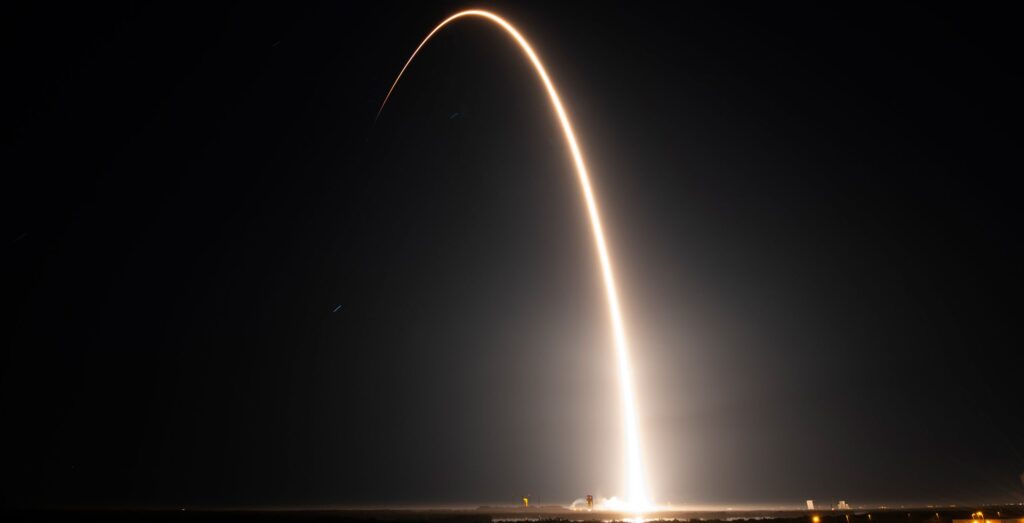Starlink Complies with Brazilian Supreme Court Order to Block X Amid Legal Standoff
2 min read
Space X’s satellite based internet service Starlink has complied with the Brazilian Supreme court’s directions and it has banned the access to X (formerly Twitter). This decision is quite a turnaround for Starlink which at first defied a court order though both Starlink and X are Musk companies. The problem started when the Brazilian Supreme Court Justice Alexandre de Moraes decided to block X across the country for its infringement with the laws of the said country. It obligated all the Internet providers in Brazil to filter out the domestic traffic to x and the court also ordered Apple and Google to remove the X app from their app store within five days.
Starlinks conformity was critical since it is the company with more than 250 thousand users in Brazil. This importantly means that the company was exposed to losing its operating license in cases where it failed to follow the order of the court. At first, Starlink was reluctant to heed the court’s decision but later probably due to fear of serious consequences such as license revocation, complied.
It became worse when the Brazilian judiciary acting against Starlink, directly affected the situation. The Supreme Court issued an injunction to the banks to freeze Starlink’s accounts as well as the arrest of property including vehicles, real estate, boats and aircrafts belonging to the company. Also, Brazil’s central bank was ordered to prevent Starlink operations to transfer or receive money from international sources. Such prevent measures were taken to refrain Starlink from using the Fund to pay fines that may be incurred on X.
To these aggressive actions, Musk declared that he would seek to seize equivalent assets of the Brazilian government, which owned property X and SpaceX if the latter did not return the seized property. This means that Musk has locked horns with the Brazilian government, an issue that highlights some of the issues that are associated with legal and regulatory requirements of various nations to global technology firms.




